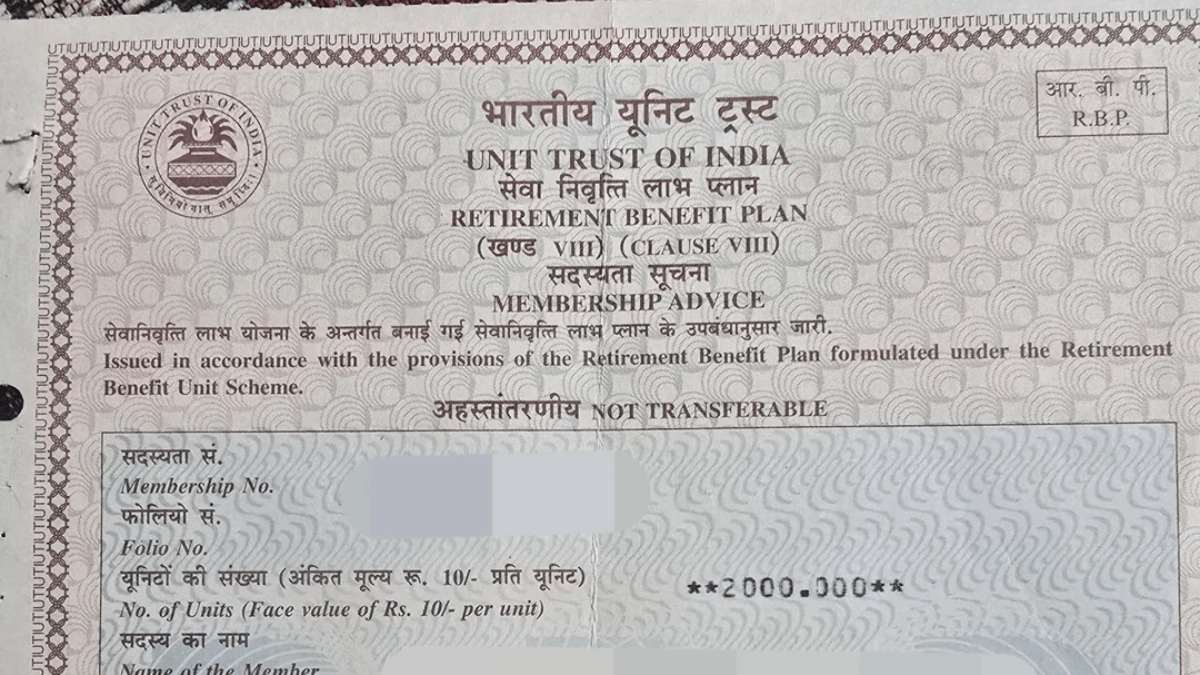Artificial intelligence firm OpenAI is facing a trademark infringement lawsuit from celebrity video platform Cameo over the use of the name “Cameo” in its recently launched Sora video-generation app, as reported by Reuters.
In a complaint filed in the U.S. District Court for the Northern District of California on Tuesday, Cameo alleged that OpenAI’s use of the term “Cameo” for a Sora feature that lets users create and share their virtual likenesses is likely to confuse consumers and dilute its brand identity.
Alleged brand confusion
“When naming its new service, OpenAI had a multitude of options to choose from. It could have chosen a descriptive name like ‘virtual likeness’ or ‘avatar,’” the company wrote in the filing, accusing OpenAI of acting “in blatant disregard for the obvious confusion it would create.”
Cameo said it had attempted to resolve the issue “amicably,” but OpenAI declined to change the name. “To protect fans, talent, and the integrity of our marketplace, we felt that we unfortunately had no other option but to bring this lawsuit,” Cameo CEO Steven Galanis said in a statement to Business Insider.
An OpenAI spokesperson said the company is reviewing the complaint but “disagrees that anyone can claim exclusive ownership over the word ‘cameo.’”
Direct competition with AI videos
Founded in 2017, Cameo lets users pay celebrities for short, personalised video messages. OpenAI’s Sora, launched in September, enables users to create AI-generated clips, including hyperrealistic videos featuring celebrities such as Mark Cuban and Jake Paul, a feature that Cameo argues directly competes with its platform.
“Users seeking a personalised celebrity video now have a choice — use Plaintiff’s Cameo service to book talent and receive an authentic video prepared by that celebrity, or use Sora’s ‘Cameo’ service to create an extremely realistic AI-generated video featuring a celebrity’s likeness,” the lawsuit stated. Cameo is seeking monetary damages and a court order preventing OpenAI from using the “Cameo” name.
The legal dispute comes as OpenAI continues to expand beyond generative text and image tools into video and social media experiences. Sora’s launch in September marked the company’s first standalone video app. OpenAI has also hired extensively from social media companies; about 20% of its 3,000 employees were previously at Meta, according to The Information. The firm’s new focus areas include creator-led tools, AI companionship, and even age-gated adult content features expected to debut later this year.








